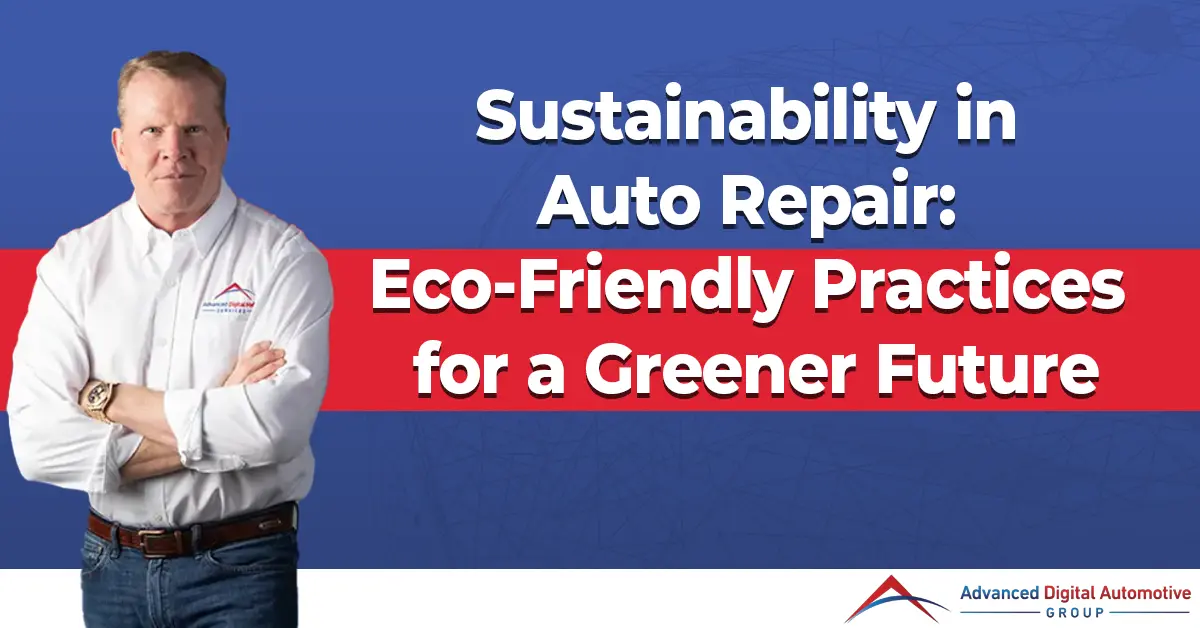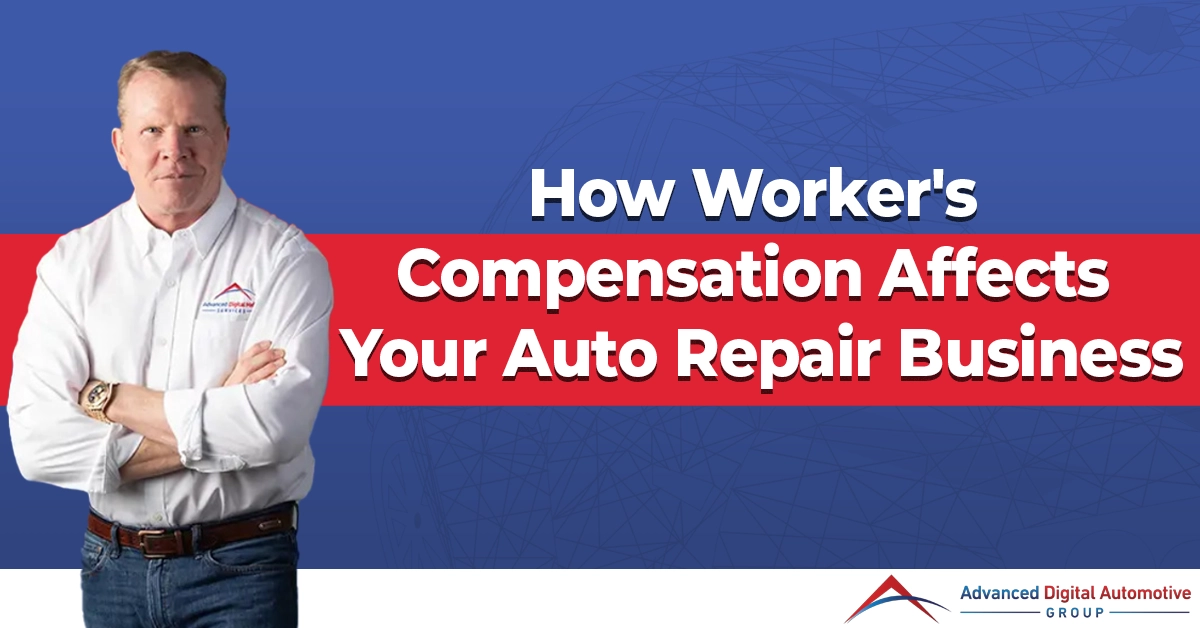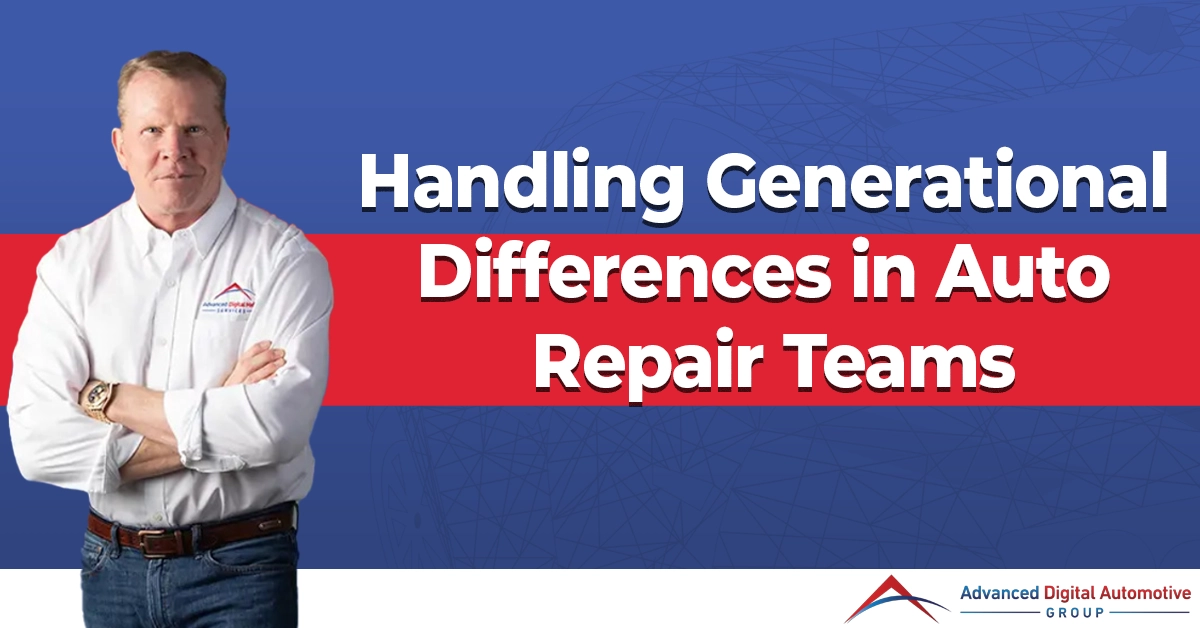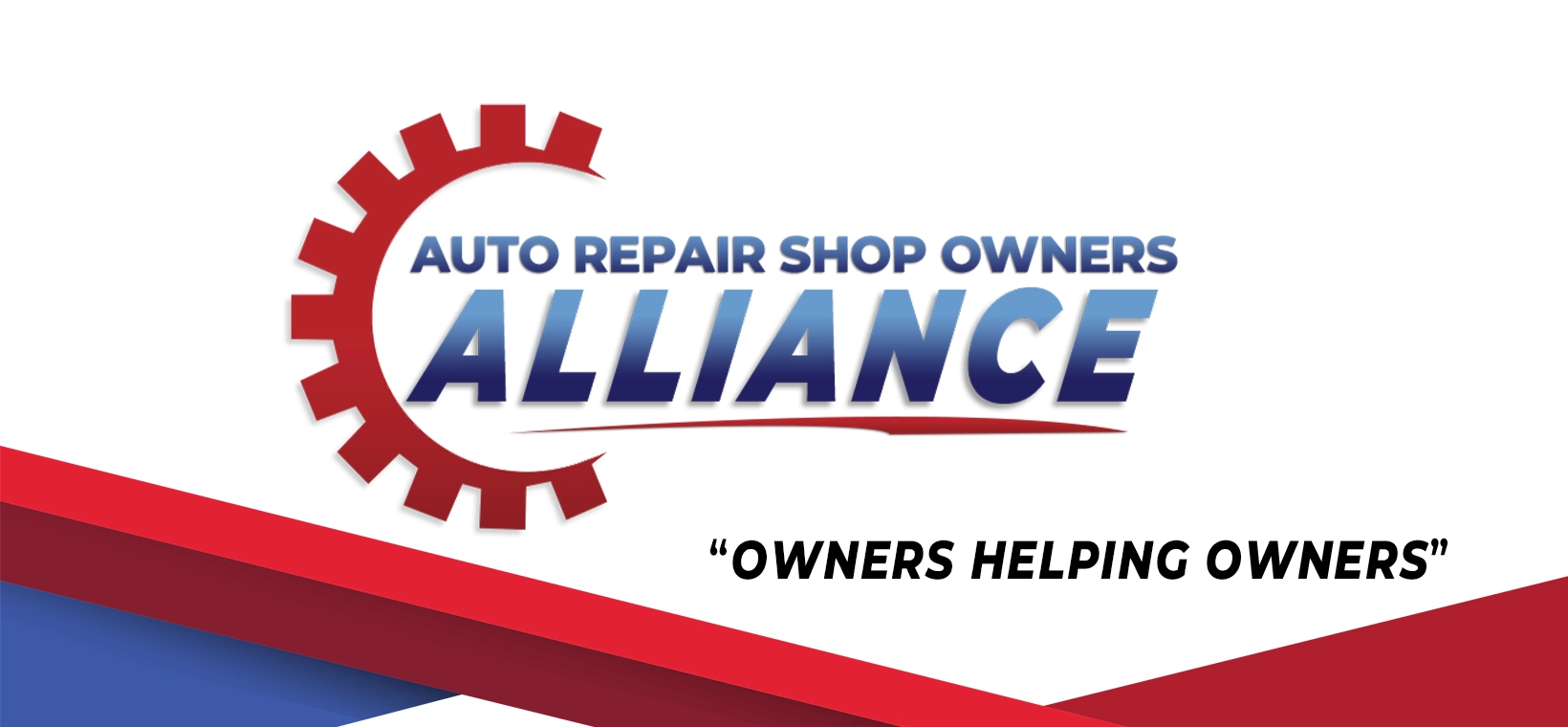Sustainability in auto repair is essential for a greener future. You can start by keeping up with regular maintenance, which extends your vehicle’s life and improves efficiency. Opt for eco-friendly practices like recycling used oil, batteries, and old parts. Verify your tires are properly aligned and inflated to boost fuel economy. Consider shifting to electric or hydrogen vehicles to reduce your carbon footprint. Educate yourself about responsible driving habits, like limiting idling and planning routes. Embracing these eco-friendly practices not only helps the environment but enhances your driving experience. There’s much more to explore on this journey toward sustainability.

Key Takeaways
- Regular vehicle maintenance, including oil changes and tire pressure checks, promotes efficiency and reduces environmental impact.
- Implementing recycling programs for used parts, oil, and batteries minimizes waste and hazards in auto repair.
- Transitioning to electric and hydrogen vehicle services aligns with eco-conscious customer demands and fosters sustainable practices.
- Engaging customers through workshops and newsletters on eco-friendly maintenance enhances community awareness and encourages responsible vehicle care.
- Utilizing digital management systems and energy-efficient equipment optimizes operations and reduces the carbon footprint of auto repair shops.
Regular Maintenance for Sustainability
Regular maintenance is the cornerstone of sustainability in auto repair, ensuring vehicles run efficiently and reducing their environmental impact. When you prioritize regular check-ups, oil changes, and tire rotations, you not only extend the life of your vehicle but also contribute to a greener planet. Efficiently running engines consume less fuel, which directly ties into sustainability in the automotive industry.
Think about it: every time you neglect a small issue, it can snowball into a larger, more costly problem that may require extensive repairs or replacements. By staying proactive with maintenance, you minimize waste and help reduce the demand for new parts, which often involves resource-intensive manufacturing processes.
Additionally, maintaining proper tire pressure and alignment not only enhances safety but also improves fuel efficiency. This means fewer emissions and a smaller carbon footprint, which is essential in today’s environmentally conscious world.
Investing in regular maintenance isn’t just good for your vehicle; it’s a commitment to sustainability. By taking these steps, you’re playing a crucial role in fostering a more sustainable future for the automotive industry. So, roll up your sleeves and embrace the responsibility!
Recycling Engine Fluids, Batteries, and Car Parts
Maintaining your vehicle isn’t just about routine check-ups; it also includes responsible disposal and recycling of engine fluids, batteries, and car parts. By recycling these materials, you contribute to sustainability in the automotive industry, helping reduce waste and conserve natural resources.
Start with engine fluids. Used oil can be refined and reused, while coolant and brake fluids can be hazardous if not disposed of correctly. Many auto repair shops offer recycling programs, so don’t hesitate to ask where you can drop off these fluids safely.
Next, consider your car’s battery. Lead-acid batteries are highly recyclable, and returning them to a retailer or auto shop guarantees they’re processed properly. This not only prevents environmental contamination but also allows valuable materials to be reclaimed.
Finally, old car parts like tires, metal, and plastic components can be recycled or repurposed. Many facilities specialize in dismantling and recycling auto parts, making sure they’re kept out of landfills.
Optimizing Tires for Efficiency
Tires play an essential role in your vehicle’s overall performance and efficiency. By optimizing your tires, you not only enhance your driving experience but also contribute to tire sustainability. Start by ensuring your tires are properly inflated; under-inflated tires can decrease fuel efficiency and increase wear, which leads to more frequent replacements. Regularly check the alignment and balance of your tires to prevent uneven wear and maximize their lifespan.
Consider investing in tires designed for fuel efficiency. These eco-friendly options often use innovative materials and tread patterns that reduce rolling resistance, ultimately saving you money at the pump. Additionally, rotating your tires regularly helps to maintain even wear, extending their life and promoting sustainability.
Don’t forget about tread depth! Monitoring and maintaining adequate tread depth is vital for safety and efficiency. When it’s time to replace your tires, look for recycling programs that promote tire sustainability, ensuring your old tires are disposed of responsibly. By making these practical changes, you’re taking steps toward a greener future while enhancing your vehicle’s performance. Optimize your tires today for a more efficient, eco-friendly drive!
Encouraging Responsible Driving Habits
Responsible driving habits are important not just for your safety, but for the environment as well. By adopting eco-friendly practices behind the wheel, you contribute to automotive sustainability and help reduce your carbon footprint. Simple changes can make a significant impact. For instance, maintaining a steady speed and avoiding rapid acceleration and hard braking can improve your fuel efficiency, saving you money and minimizing emissions.
Regular vehicle maintenance is another key aspect. Keeping your engine tuned, tires properly inflated, and fluids checked guarantees your car runs efficiently, which is essential for reducing environmental impact. Additionally, consider carpooling or using public transportation whenever possible. Not only does this decrease the number of vehicles on the road, but it also fosters a sense of community and shared responsibility.
Lastly, be mindful of your driving routes. Planning your trips to avoid heavy traffic can save time and fuel. By embracing these responsible driving habits, you’re playing an active role in promoting a greener future. Every small effort counts, and together, we can make a difference in automotive sustainability for generations to come.
Lightweight and Energy-Efficient Components
The incorporation of lightweight and energy-efficient components in vehicles is revolutionizing the auto industry, offering both performance benefits and environmental advantages. When you choose vehicles with these innovative materials, you’re not only enhancing fuel efficiency but also reducing emissions, aligning perfectly with current automotive sustainability trends. Think about it—lighter cars require less energy to operate, which means they consume less fuel and generate fewer pollutants.
By using materials like aluminum, carbon fiber, and advanced composites, manufacturers are pushing the boundaries of what’s possible in automotive design. This shift not only improves acceleration and handling but also prolongs the lifespan of components, ultimately leading to less waste in landfills.
As a driver, you have the power to support these advancements. Opt for vehicles that prioritize lightweight construction and energy efficiency. This isn’t just about saving money at the pump; it’s about making a conscious choice for a greener future. Embracing lightweight and energy-efficient components means you’re taking an active role in the movement toward sustainable transportation. So, when you’re in the market for your next vehicle, consider how these choices can shape a cleaner, more sustainable world.
Sustainable Auto Shop Practices
In today’s fast-paced world, adopting sustainable practices in your auto shop isn’t just a trend—it’s a necessity. The sustainability issues in the automotive industry demand that you take action to minimize your environmental impact. Here are four practical steps you can implement to create a greener auto shop:
- Waste Reduction: Implement a recycling program for materials like oil, batteries, and tires. This not only reduces landfill contributions but also promotes responsible disposal.
- Eco-Friendly Products: Use biodegradable cleaning supplies and eco-friendly lubricants. These alternatives help reduce hazardous waste and improve air quality.
- Energy Efficiency: Upgrade to energy-efficient lighting and equipment. LED lights and Energy Star-rated tools can greatly cut down on your energy consumption.
- Water Conservation: Install low-water washing systems and collect rainwater for non-potable uses. This practice conserves water and can lower your utility costs.
Transition to Electric and Hydrogen Vehicles
As auto repair shops navigate the evolving landscape of the automotive industry, shifting to electric and hydrogen vehicles presents both challenges and exciting opportunities. Embracing this change means you’re not just keeping pace with innovation but also championing sustainability in automotive. By diversifying your services to include electric and hydrogen vehicle maintenance, you’ll attract a growing customer base dedicated to eco-friendly practices.
However, this shift requires investment in training and tools specific to these technologies. You’ll need to equip your team with knowledge about electric drivetrains, battery management, and hydrogen fueling systems. This knowledge will empower you to deliver excellent service, ensuring customer loyalty.
Moreover, adapting your marketing to highlight your commitment to sustainability will enhance your shop’s reputation. Promote your eco-friendly practices through social media and local outreach, positioning yourself as a leader in sustainable auto repair.
Incorporating electric and hydrogen vehicles into your offerings isn’t just a trend; it’s a step toward a greener future. By making this change, you’re not only joining a crucial movement but also setting your shop up for long-term success in a rapidly changing market.
Limit Idling and Emphasize Sustainable Driving
Many auto repair shops overlook the considerable impact of limiting idling on both vehicle health and the environment. By encouraging customers to turn off their engines when parked or waiting, you can considerably contribute to car sustainability. Here are some practical reasons to embrace this habit:
- Fuel Efficiency: Idling consumes fuel without moving, leading to wasted resources.
- Reduced Emissions: Turning off engines cuts down harmful emissions, improving air quality.
- Engine Longevity: Prolonged idling can cause engine wear; minimizing it helps maintain car health.
- Cost Savings: Customers can save money on fuel by reducing unnecessary idling.
As an auto repair shop owner, you can lead by example. Share these insights with your customers, implement signage, and create awareness campaigns. By emphasizing sustainable driving practices, you not only enhance your shop’s reputation but also contribute to a greener future. Every small change counts, and together, we can build a more sustainable automotive community. So, let’s embrace these eco-friendly practices and make a considerable difference today!
Leverage IT and Sustainable Innovations
Embracing sustainable practices doesn’t stop with limiting idling; leveraging IT and innovative technologies can greatly enhance your auto repair shop’s eco-friendliness and operational efficiency. By adopting digital management systems, you can streamline your processes, reducing waste and energy consumption. For example, using cloud-based inventory management allows you to track parts more effectively, minimizing excess and ensuring you only order what you need.
Additionally, integrating energy-efficient equipment, like LED lighting and high-efficiency HVAC systems, can greatly lower your energy costs while promoting repair sustainability. Implementing customer relationship management (CRM) software helps you engage with your clients and schedule services more efficiently, reducing unnecessary trips and emissions.
Consider adopting virtual consultations or diagnostic tools that allow customers to troubleshoot problems remotely. This not only saves time but also reduces the carbon footprint associated with each visit.
Educating and Engaging Customers
Educating and engaging customers is essential for building lasting relationships and fostering loyalty in your auto repair shop. By sharing your commitment to green auto repair, you can inspire clients to make eco-conscious choices. Here are four practical ways to achieve this:
- Workshops: Host informative sessions on eco-friendly car maintenance, showcasing sustainable practices that reduce environmental impact.
- Newsletters: Send out regular updates featuring tips on vehicle care, the benefits of green auto repair, and insights on the latest eco-friendly products.
- Social Media Engagement: Use your platforms to share success stories of sustainable repairs and highlight your shop’s green initiatives, inviting customers to participate in discussions.
- Feedback Opportunities: Encourage customers to voice their thoughts on your sustainability practices, creating a two-way dialogue that fosters trust and community.
Frequently Asked Questions
How Can My Shop Reduce Waste During Repairs?
You can reduce waste during repairs by implementing a recycling program, using eco-friendly materials, and optimizing parts inventory. Train your staff on waste management techniques to guarantee everyone’s committed to minimizing environmental impact effectively.
What Eco-Friendly Products Should I Use for Cleaning?
Imagine using a plant-based degreaser that not only cleans effectively but also reduces harmful emissions. You should consider eco-friendly products like this; they’re practical, safe, and show your commitment to a healthier environment for everyone.
Are There Incentives for Adopting Sustainable Practices?
Yes, there’re incentives for adopting sustainable practices! You can access tax credits, grants, and rebates. These benefits not only reduce costs but also enhance your shop’s reputation, attracting eco-conscious customers and boosting your bottom line.
How Do I Train Staff on Sustainability Practices?
“You can’t teach an old dog new tricks,” but training your staff on sustainability practices is essential. Hold workshops, share resources, and lead by example. Engaging them fosters a culture of responsibility and makes a difference.
What Certifications Exist for Green Auto Repair Shops?
You’ll find certifications like the Green Business Bureau and EPA’s Green Power Partnership valuable. They showcase your commitment to eco-friendly practices, attract environmentally conscious customers, and help you stand out in a competitive market.
Conclusion
The sustainability in the automotive industry is rapidly evolving, with repair shops playing a key role in driving change. Embracing green auto repair practices and addressing sustainability issues in the automotive industry, such as tire sustainability and waste reduction, sets the stage for a greener future. By adopting automotive sustainability trends like sustainability automation, shops can minimize environmental impact while improving efficiency. Prioritizing repair sustainability not only supports car sustainability but also enhances the shop’s reputation, proving that sustainability in automotive is not just a trend but a necessity for long-term success.
As you steer your shop toward sustainability, remember that even the smallest changes can ripple out like a pebble in a pond. By embracing eco-friendly practices, you’re not just fixing cars; you’re driving a movement for a greener future. Think of the impact you can have—reducing waste, conserving energy, and inspiring your customers to join the journey. Together, let’s transform the auto repair industry into a beacon of environmental responsibility, proving that every repair can make a difference.









